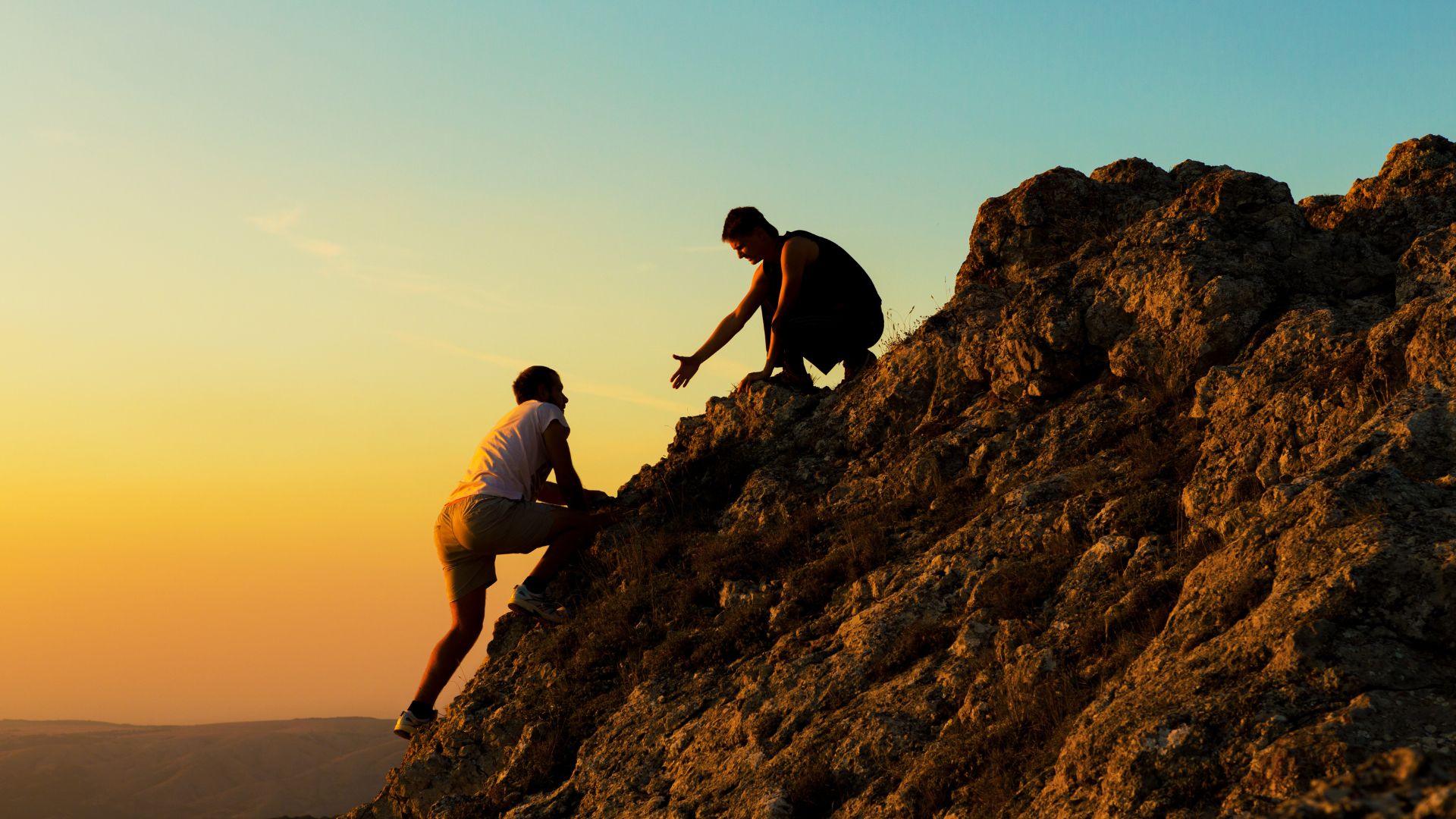The Transformative Power of Courage
Courage is often seen as a heroic quality, reserved for grand moments of bravery. But in truth, it is the foundation of everyday growth and transformation. Courage enables us to take risks, embrace the unknown, and grow in ways that would otherwise remain inaccessible. Whether it’s the courage to pursue education, dive into a new career, or open yourself up to love and friendship, this virtue is the silent force that propels all meaningful action.
Yet courage isn’t a one-size-fits-all concept. It manifests in countless ways. It’s the strength to be vulnerable, to step into authenticity, and to engage in uncomfortable conversations. It’s the resilience to endure criticism or the humility to apologize when you’re wrong. Above all, courage is a willingness to face your fears and take the steps that push you toward a better version of yourself. Recognizing this, I find that courage is the one quality I most want to cultivate in my life.
The Courage to Be Vulnerable
At the core of courage is vulnerability. To love deeply and unconditionally requires us to drop our defenses and accept the risks of rejection or heartbreak. Authenticity—the courage to show your true self—is no small feat in a world that often rewards conformity. It can be terrifying to drop the mask of perfection or invincibility and let others see your imperfections.
But vulnerability is where true connection and growth reside. When we’re brave enough to be seen as we are, we attract relationships that are genuine and fulfilling. This courage also allows us to speak our truth, even when it means disagreeing with others or standing alone. Vulnerability fosters resilience, teaching us that criticism or failure is not the end but rather a step toward learning and self-improvement.
The Courage to Heal
Healing from past wounds and trauma is one of the most courageous journeys a person can undertake. It requires honest self-reflection—examining parts of ourselves we may prefer to ignore. This process can be deeply uncomfortable, as it involves confronting emotions like shame, anger, or grief that we’ve suppressed.
Healing also demands the courage to forgive, both ourselves and others. It means breaking cycles of pain, letting go of limiting beliefs, and choosing to rewrite our stories. It’s a courageous act to prioritize your well-being and take steps to rebuild your sense of self. Ultimately, the courage to heal frees us from the burdens of the past, allowing us to embrace the present and move toward a future filled with possibility.
Growing Courage Through Action
Change requires courage, and courage grows through action. The only way to strengthen this quality is by consistently facing fears and stepping outside our comfort zones. It might mean starting small—having that difficult conversation, signing up for the class you’ve always wanted to take, or finally addressing an emotional wound.
The beauty of courage is that it snowballs. Each act of bravery builds confidence, making the next step a little less intimidating. Over time, what once scared you becomes second nature. Courage doesn’t mean fearlessness; it means acknowledging fear and moving forward despite it.
If I want to grow in courage, I must be willing to try something that scares me, even if it’s just a small step forward. What about you? What quality would you work on, and how would it transform your life?





